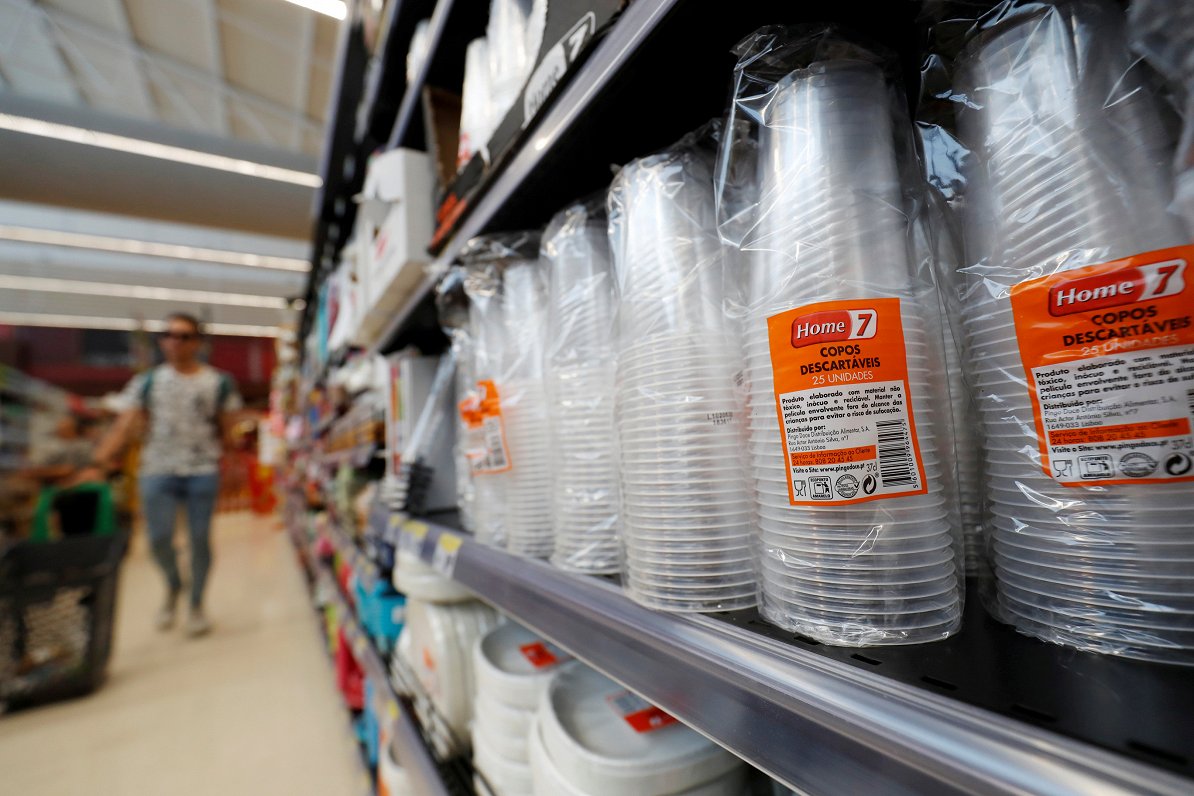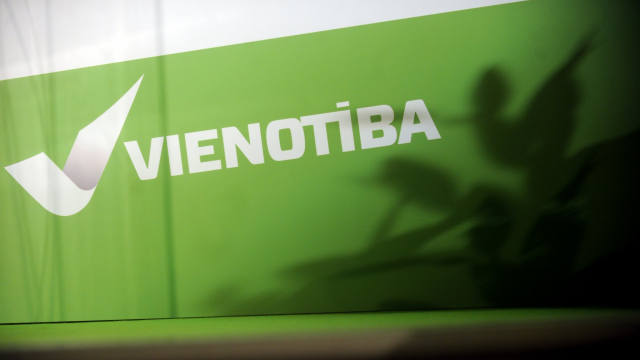From 5 July, the marketing of disposable plastic containers and cutlery, with the exception of cups, will be prohibited throughout the European Union, including Latvia. The ban will also apply to straws, cotton swabs and balloon sticks. The consumption of other plastic products, such as food packaging, will also be limited.
In order to introduce the new arrangements, the Ministry of Environment and Regional Development (VARAM) has drafted a law that is scheduled to be submitted to the Cabinet at the beginning of the year, explained Alda Ozola, Deputy State Secretary of the Ministry.
Jānis Naglis, president of the Latvian Hotel and Restaurant Association, said the industry is ready to use more environmentally friendly packaging.
However, it is true that the circulation of plastic dishes has increased significantly this year, along with the limits of the Covid-19 crisis, namely that food is prepared to be taken to-go.
“Unfortunately, Covid-19 brought some changes to the recycling of purchased plastic containers. It is very difficult to plan your market volumes, how much you will serve, how many outlets will participate in the trade. If this was more talked about, merchants would also be preparing more timely, ordering nature-friendly types of packages. I hope it will not be so that someone has bought in such large quantities of dishes that it will bear losses because they will not be able to utilize them in this first half of the year,” said Naglis.
He also pointed out that there are still unclear questions about what responsibility the caterer might face for using plastic containers after 5 July.
The Ministry of Environment pointed out that discussions are ongoing on the control of the use of disposable containers and the penalty for offenders.
Meanwhile, the packaging management company Zaļā josta (“Green belt”), surveying 20 caterers throughout Latvia, has concluded that although a number of environmentally friendly alternatives to plastic disposable containers are already available, this is not sufficiently widely practiced because of the additional financial burden for caterers, said Aija Caune, company representative.
“In our survey, the catering companies agreed that there is currently an increase in the use of disposable containers. This naturally contributes to environmental pollution, given that the recyclability of plastic containers is very low. However, companies have not yet considered the transition to other more environmentally friendly solutions until the entry into force of this Regulation. The most important parameters right now are price fluctuations against quality or heat resilience, but not environmental requirements,” Caune said.




























